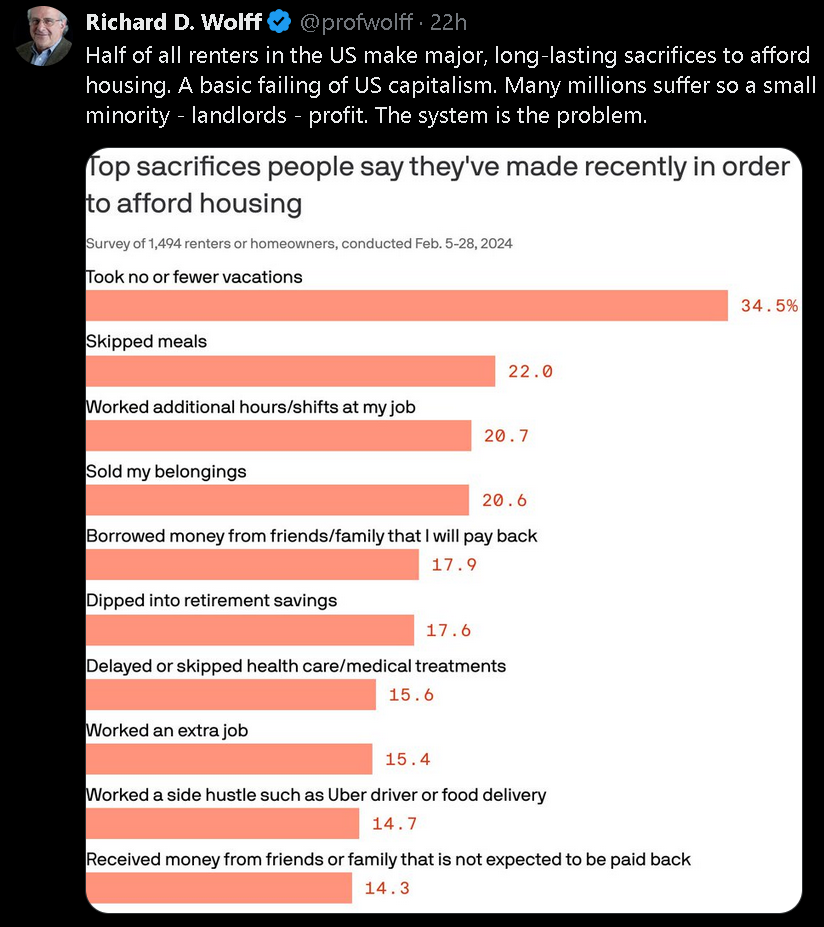this post was submitted on 07 Apr 2024
422 points (96.3% liked)
People Twitter
5515 readers
2316 users here now
People tweeting stuff. We allow tweets from anyone.
RULES:
- Mark NSFW content.
- No doxxing people.
- Must be a pic of the tweet or similar. No direct links to the tweet.
- No bullying or international politcs
- Be excellent to each other.
- Provide an archived link to the tweet (or similar) being shown if it's a major figure or a politician.
founded 2 years ago
MODERATORS
you are viewing a single comment's thread
view the rest of the comments
view the rest of the comments

Owner occupant credit against residential property taxes, to hold the effective tax rates for homeowners where they are now, or lower it.
Massive increase in property tax rate, which now only affects investors.
Statutory future increases, targeting an owner-occupancy rate of >80%. If fewer than 8 in 10 residential properties are owned by their occupants, the investor tax rate rises to melt their profits. Statutory decreases in investor tax rates if owner-occupancy rate rises above 90%.
This will effectively kill traditional renting, as the taxes will quickly melt any profit a traditional landlord will collect. To maintain their profitability, landlords will have to find a way for their tenants to be named on the deed, making them eligible for the owner-occupant credit.
Land contracts and private mortgages will become commonplace. Commercial lending requirements will become more tolerant. Housing prices will stabilize, because the market will no longer see unsustainable investor influence.
The only properties that will be feasible to rent will be 2-4 unit dwellings, where the landlord lives in one of the units, and can thus claim the owner occupant credit. Apartment complexes will become condominiums.